16 TV Characters Who Weren’t as Cool as We Remember
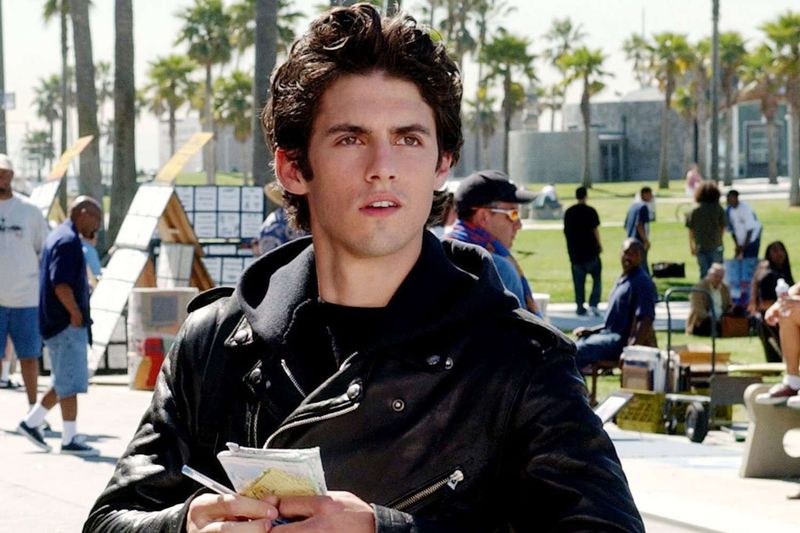
Nostalgia can be a powerful lens that makes us view past TV characters with rose-colored glasses. While these characters seemed iconic in their heyday, a closer look reveals traits and behaviors that haven’t aged well. From self-absorbed antics to dubious moral compasses, these characters often charmed us with their charisma or quirkiness, but now many of their flaws are more visible. This list revisits 16 such characters who, upon rewatching, may not hold up to the ‘cool’ standards we once believed they set. Each of these characters left a mark on our screens, but perhaps not always for the reasons we remember.
1. J.D. (Scrubs)
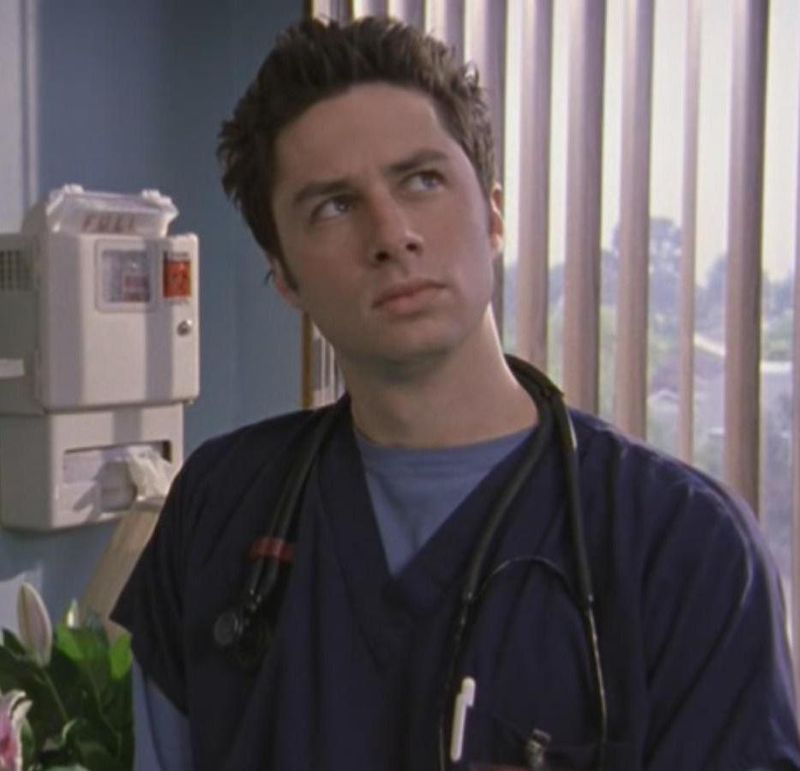
J.D. was once the poster child for quirky and thoughtful humor in “Scrubs.” However, beneath his dreamlike cutaways lies a self-absorbed nature that surfaces frequently. His tendency to become emotionally messy and self-involved becomes noticeable as the series progresses.
The cutaways, once charming, now seem more like an escape from facing real issues. His whimsical imagination could be endearing, but also often pulled him away from genuine connections.
Looking back, J.D.’s antics reveal a character more complex than originally perceived, challenging the idealized image of him as a lovable underdog.
2. Jess Mariano (Gilmore Girls)
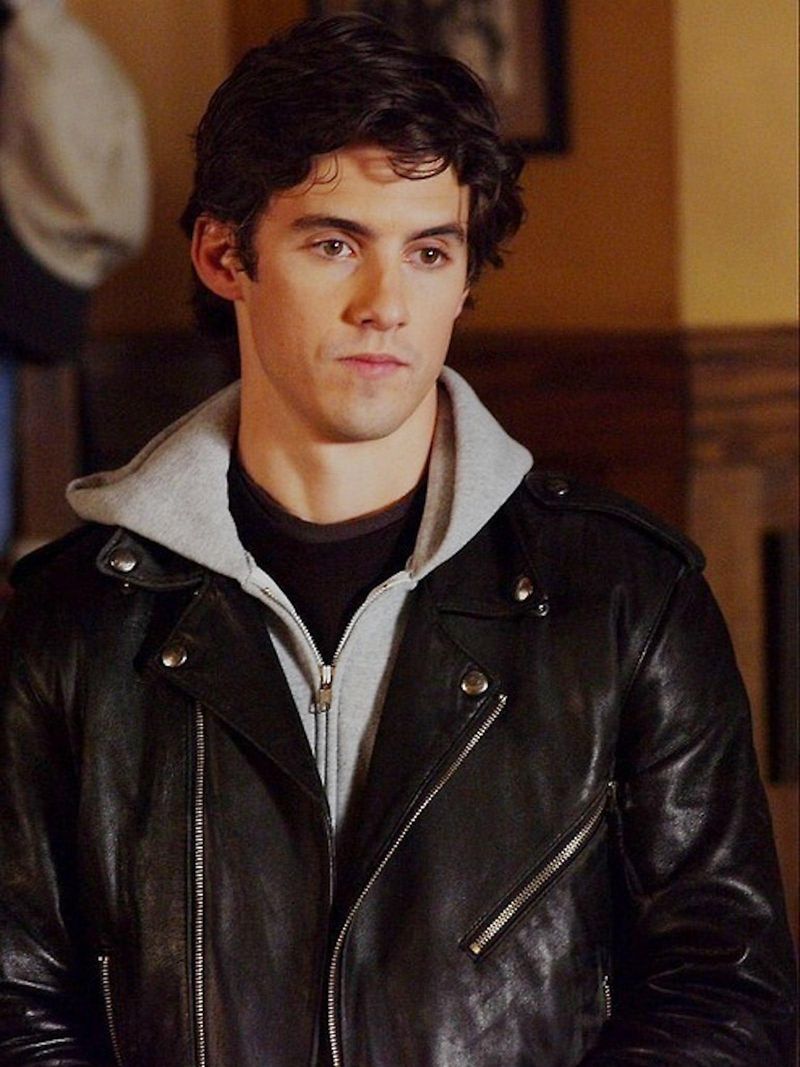
Jess Mariano, the enigmatic bad boy of “Gilmore Girls,” caught attention with his love for literature. Yet, his sulking demeanor and poor treatment of Rory overshadowed his intellectual appeal.
While his rebellious nature was initially intriguing, his inability to communicate and his tendency to push others away highlighted his unresolved issues. His romanticized image as the misunderstood loner doesn’t hold when reexamined.
Jess’s complex portrayal offers a glimpse into a character grappling with self-destructive patterns, ultimately turning him into a character who was less cool and more troubled than remembered.
3. Barney Stinson (How I Met Your Mother)
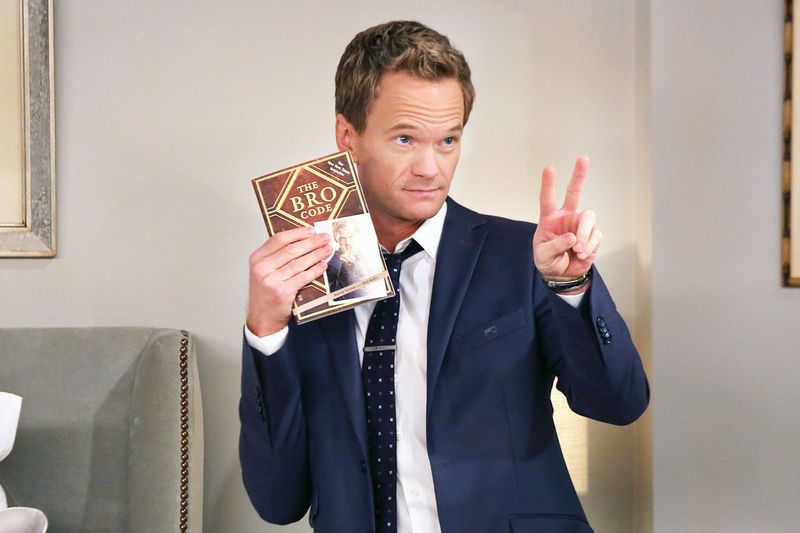
Barney Stinson’s catchphrases and legendary status in “How I Met Your Mother” made him a fan favorite. Yet, his behavior often bordered on inappropriate.
His antics, once seen as comical, now resemble walking HR violations, reflecting societal changes in perspectives on workplace behavior and relationships.
Barney’s charm and humor masked deeper issues, including his inability to form meaningful connections. His character serves as a reminder of shifting cultural norms, highlighting how perceptions of coolness have evolved.
4. Chuck Bass (Gossip Girl)
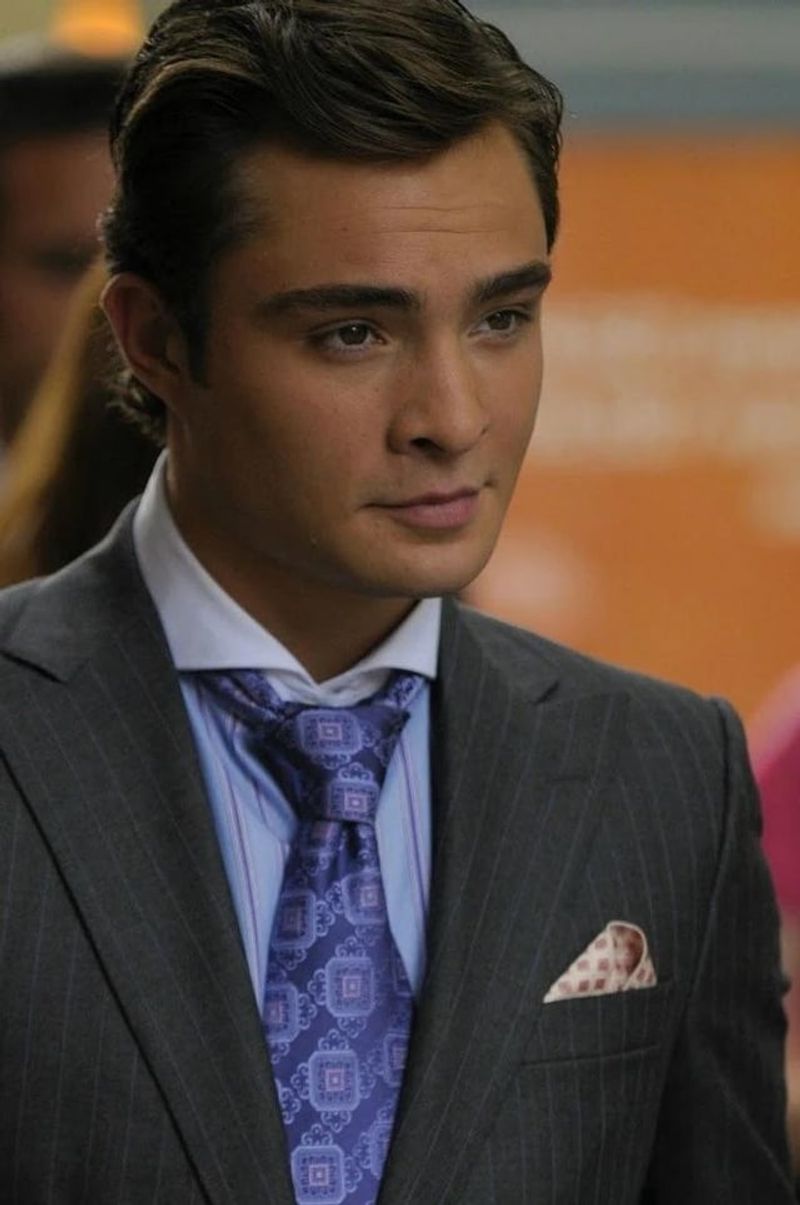
Chuck Bass epitomized the brooding billionaire on “Gossip Girl,” but his problematic actions were often glamorized. His wealth and dark charisma masked a pattern of troubling behavior.
The series romanticized his manipulative tendencies, portraying them as part of his allure. His complex character arc attempted redemption, yet often fell short of addressing core issues.
Chuck’s portrayal challenges viewers to question the glamorization of toxic traits, reminding us that coolness shouldn’t overshadow accountability.
5. Ryan Atwood (The O.C.)
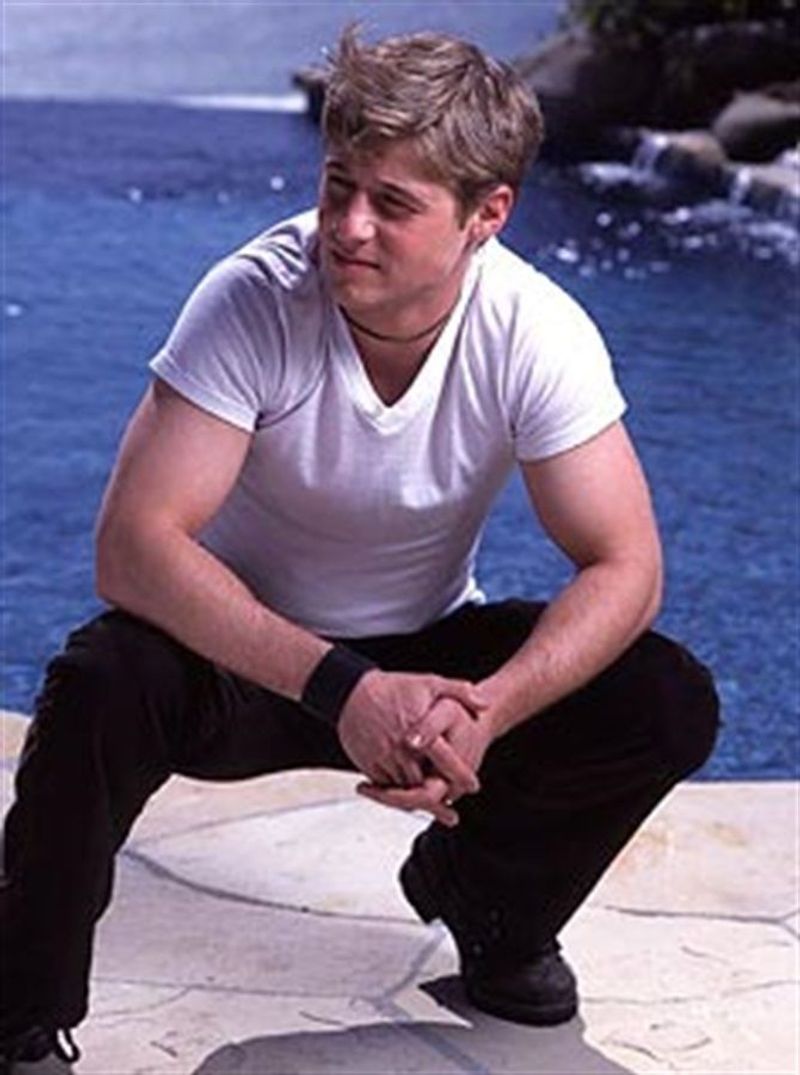
Ryan Atwood, the quintessential troubled good guy from “The O.C.,” captured audiences with his rough exterior and soft heart. Yet, his propensity for violence often defined his character arc.
While his loyalty and protective nature were endearing, his frequent resort to punching made him unpredictable. His struggles with identity and belonging were compelling but overshadowed by his volatile reactions.
Upon reflection, Ryan’s character exemplifies the challenges of idolizing the bad boy archetype, showcasing the complexities beneath the surface.
6. Don Draper (Mad Men)
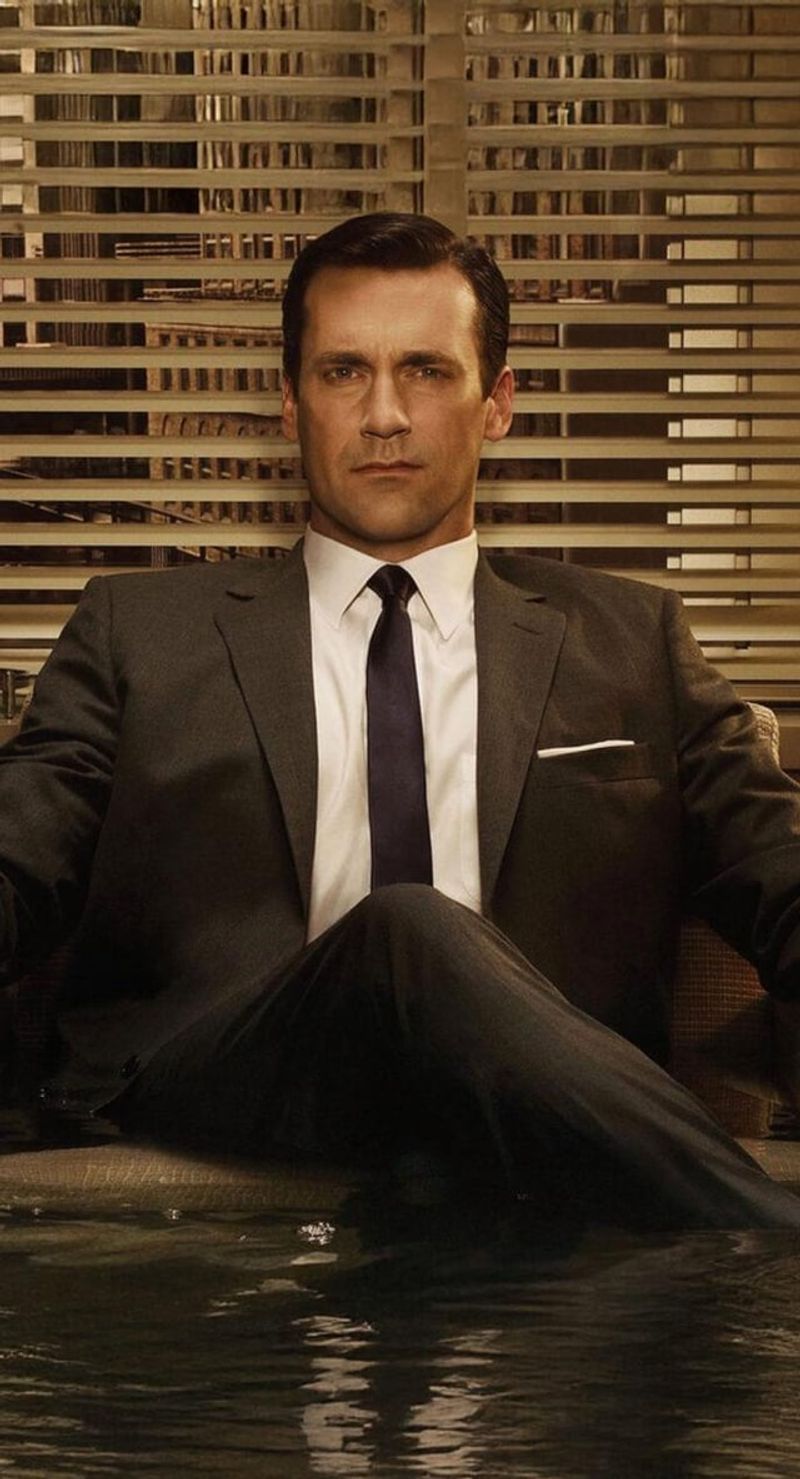
Don Draper became a symbol of cool sophistication in “Mad Men.” However, his moral ambiguity and personal demons were often overlooked in favor of his style and charm.
His layered personality revealed a man struggling with identity and intimacy, enveloped in a facade of perfection. His darkness, often romanticized, was a reflection of deeper issues.
As his narrative unfolded, Don’s portrayal challenged viewers to reconsider the glamorization of flawed masculinity, prompting a reevaluation of what true coolness entails.
7. Serena van der Woodsen (Gossip Girl)

Serena van der Woodsen dazzled with beauty and charm on “Gossip Girl,” but her glamorous exterior masked a chaotic and inconsistent nature. Her impulsivity often led to inconsiderate decisions that affected those around her.
While her free-spirited attitude was initially captivating, it quickly revealed a lack of direction and responsibility. Her relationships and friendships were marked by drama and instability.
Serena’s portrayal serves as a reminder that glamour and allure can sometimes overshadow underlying inconsistencies, challenging the perception of what it means to be truly cool.
8. Zack Morris (Saved by the Bell)
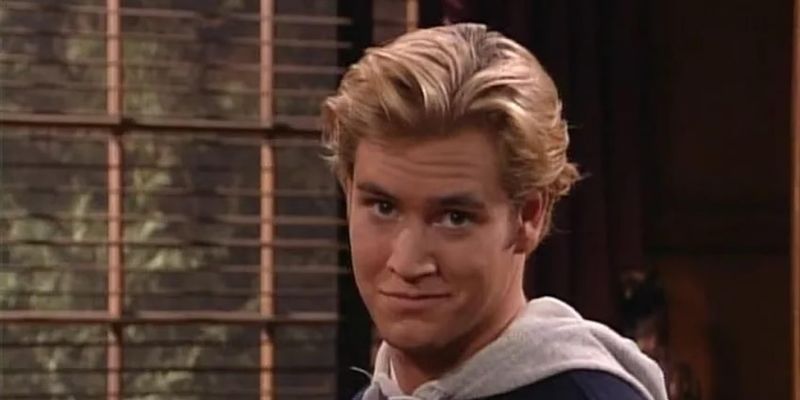
Zack Morris, the charismatic prankster from “Saved by the Bell,” was a beloved character whose antics entertained many. However, his manipulation and self-serving nature often crossed ethical boundaries.
His charm masked a tendency to exploit situations and people to his advantage. Rewatching reveals a character whose actions often bordered on sociopathy, undermining his initial appeal.
Zack’s portrayal invites a critical look at how certain behaviors, once deemed entertaining, might not align with today’s understanding of respect and empathy.
9. Dylan McKay (Beverly Hills, 90210)
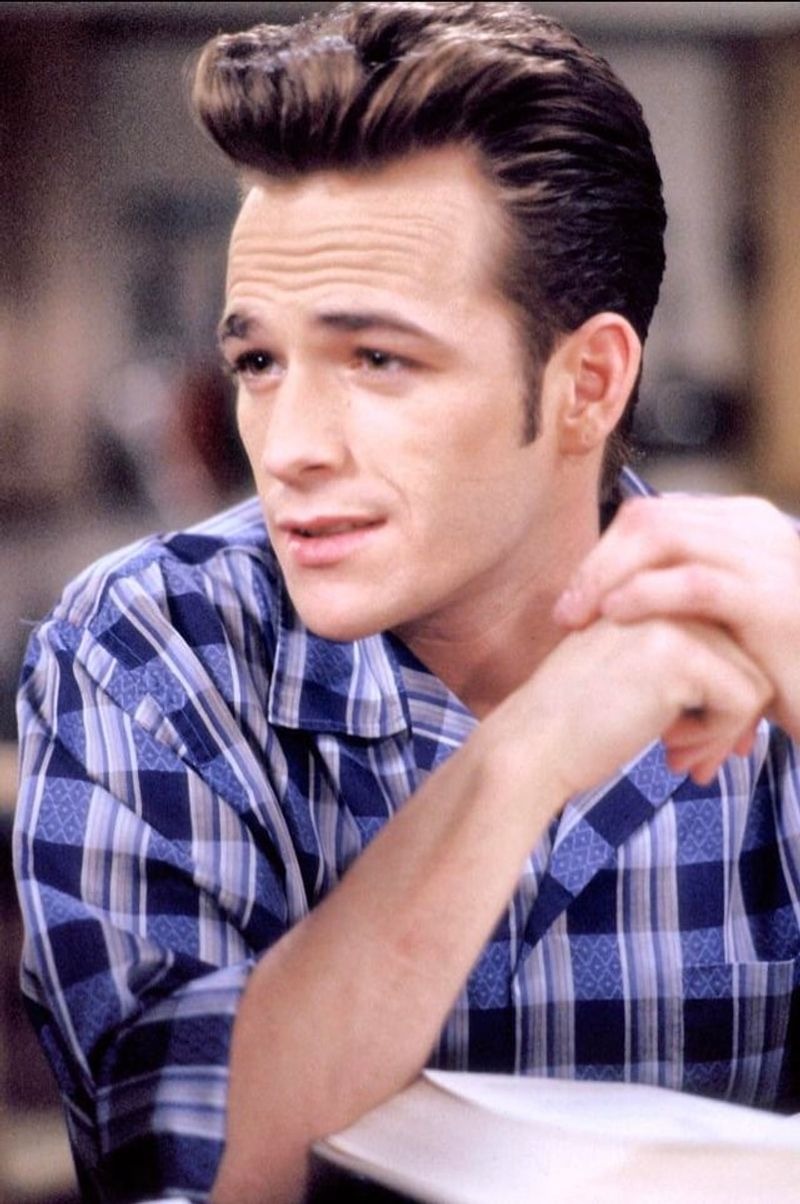
Dylan McKay was the epitome of the cool loner on “Beverly Hills, 90210.” His brooding nature and rebellious spirit captured the hearts of many, yet his toxic behavior often went unchecked.
His moodiness and sense of entitlement created turbulent relationships, overshadowing his depth and vulnerability. His character often prioritized personal turmoil over growth.
Dylan’s story highlights the complexities of idolizing the loner archetype, prompting viewers to reflect on the romanticization of troubled personas.
10. Joey Tribbiani (Friends)
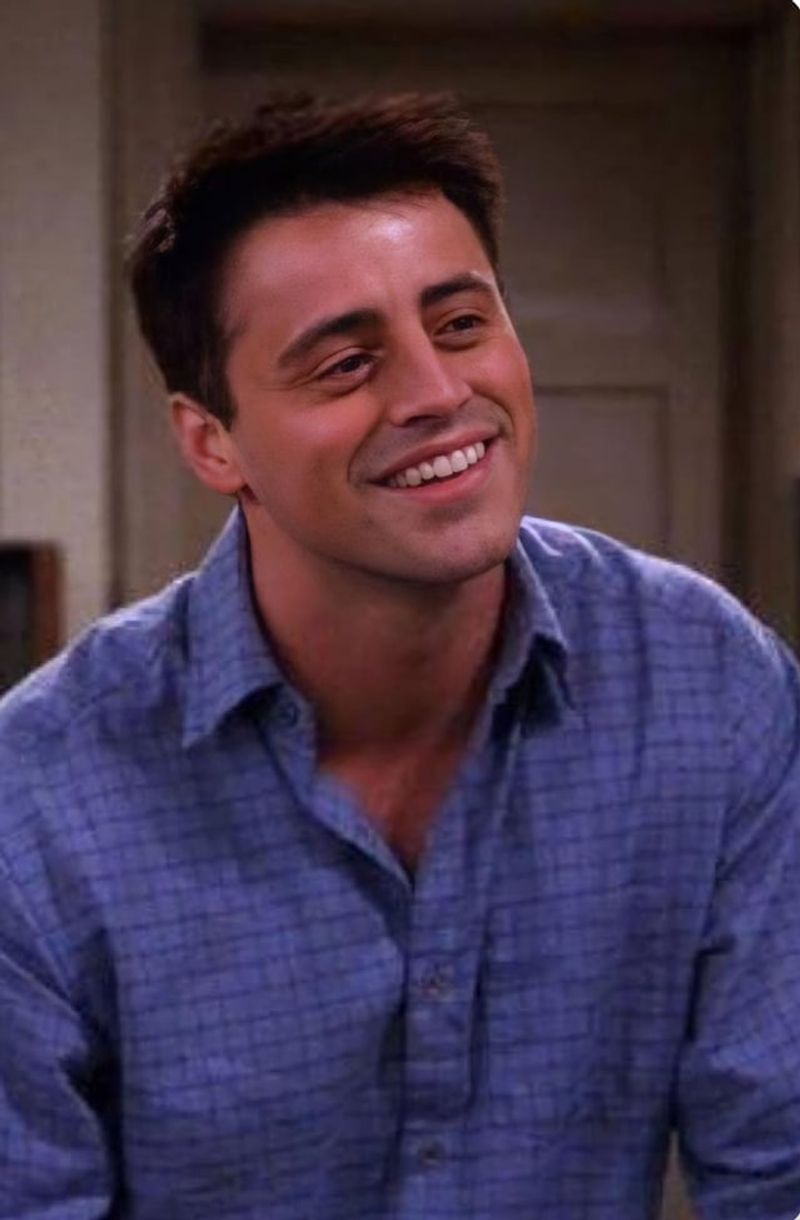
Joey Tribbiani, the lovable dummy from “Friends,” was adored for his humor and innocence. Yet, much of his humor often came at the expense of women, highlighting a dated perspective.
His childlike demeanor masked a lack of emotional growth and understanding of complex relationships. While his antics were endearing, they often perpetuated stereotypes.
Joey’s portrayal encourages a reevaluation of humor and sensitivity, challenging the idea that ignorance equates to charm.
11. Eric Cartman (South Park)
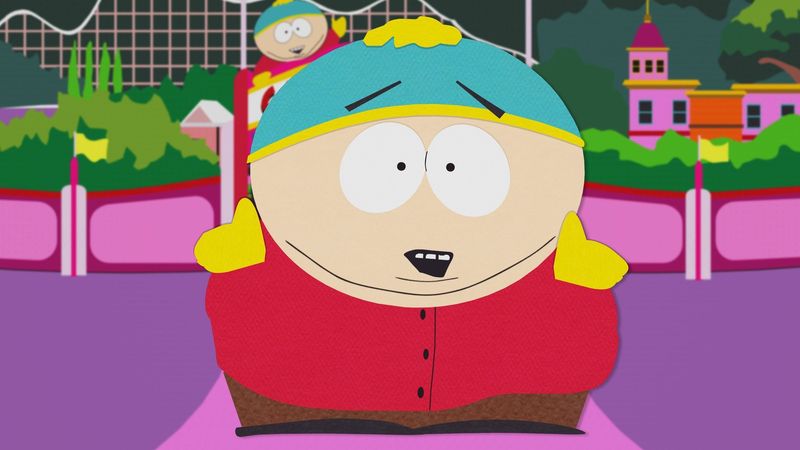
Eric Cartman, the notorious troublemaker from “South Park,” personified edgy humor that pushed boundaries. Yet, his crude behavior revealed a character with deeply flawed morals.
His antics, once celebrated for their rebellious nature, often crossed into offensive territory. His lack of empathy and manipulative tendencies made him a complex yet troubling figure.
Eric’s character serves as a lens into how humor has evolved, questioning the line between edgy and offensive in the comedic realm.
12. Dean Winchester (Supernatural)
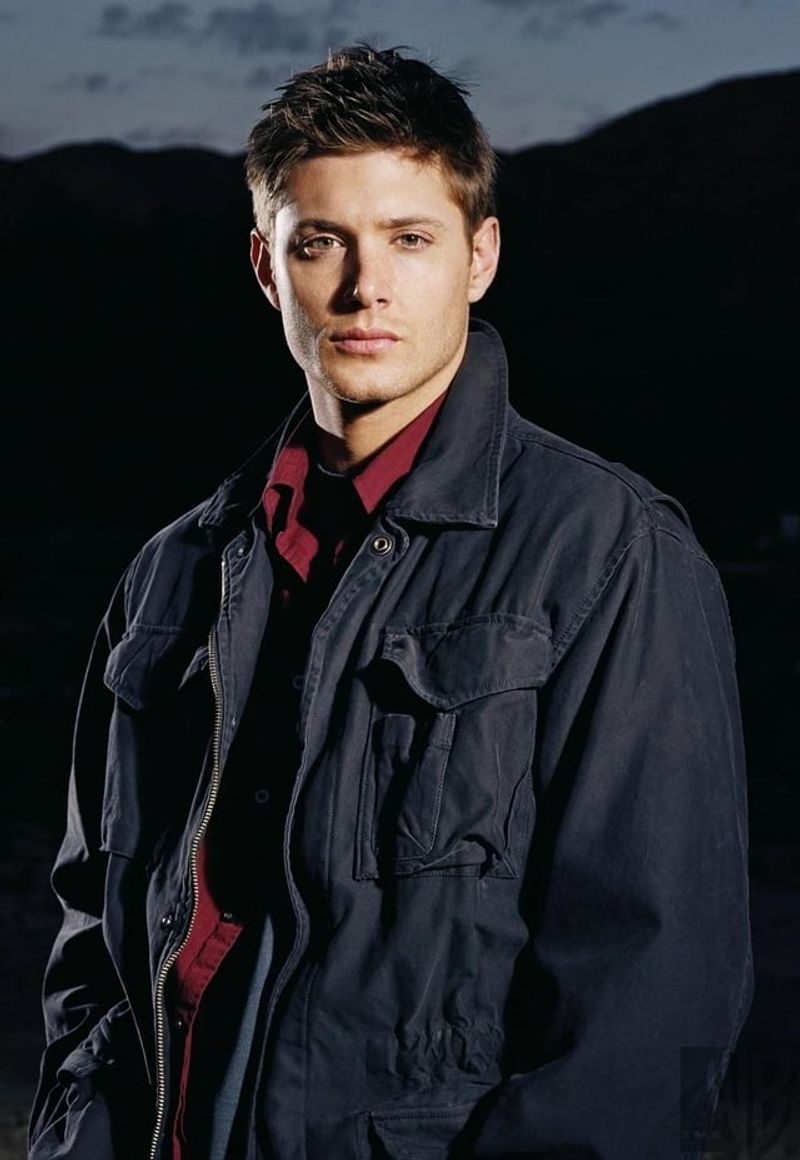
Dean Winchester, the demon-hunting hero from “Supernatural,” captured audiences with his rock music and rugged charm. Yet, his aversion to vulnerability and emotional growth often hindered his relationships.
His stoic nature masked a fear of intimacy, leading to emotional stunting. While his bravery was undeniable, his reluctance to evolve emotionally became apparent.
Dean’s portrayal invites reflection on the portrayal of masculinity, challenging the notion that toughness should overshadow emotional depth.
13. Tony Soprano (The Sopranos)
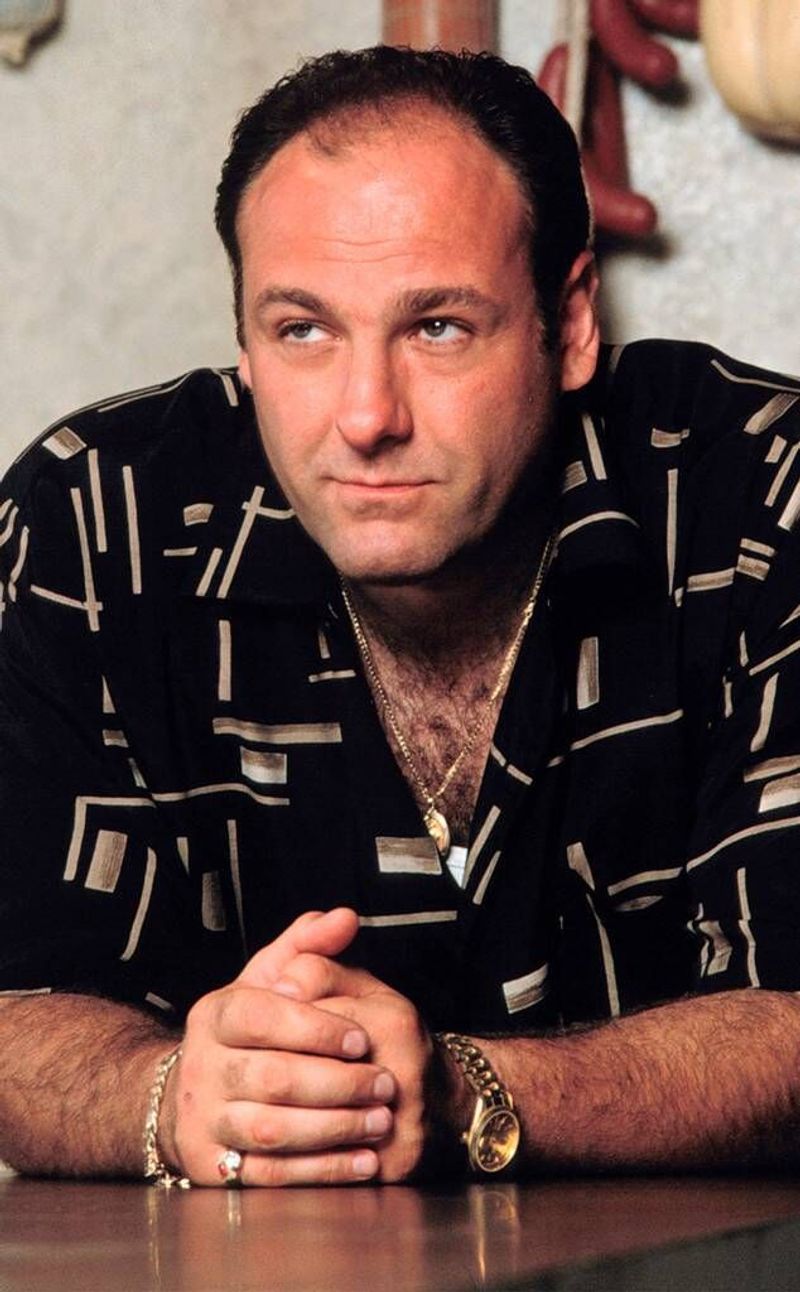
Tony Soprano, the complex mob boss from “The Sopranos,” was a character never meant to be idolized. Yet, his charismatic leadership and power often overshadowed his tragic flaws.
His struggles with mental health and morality painted a portrait of a deeply conflicted man. While his authority was compelling, it highlighted the dangers of glorifying flawed power.
Tony’s narrative challenges viewers to see beyond the allure of control, examining the consequences of idealizing complex characters.
14. Jess Day (New Girl)
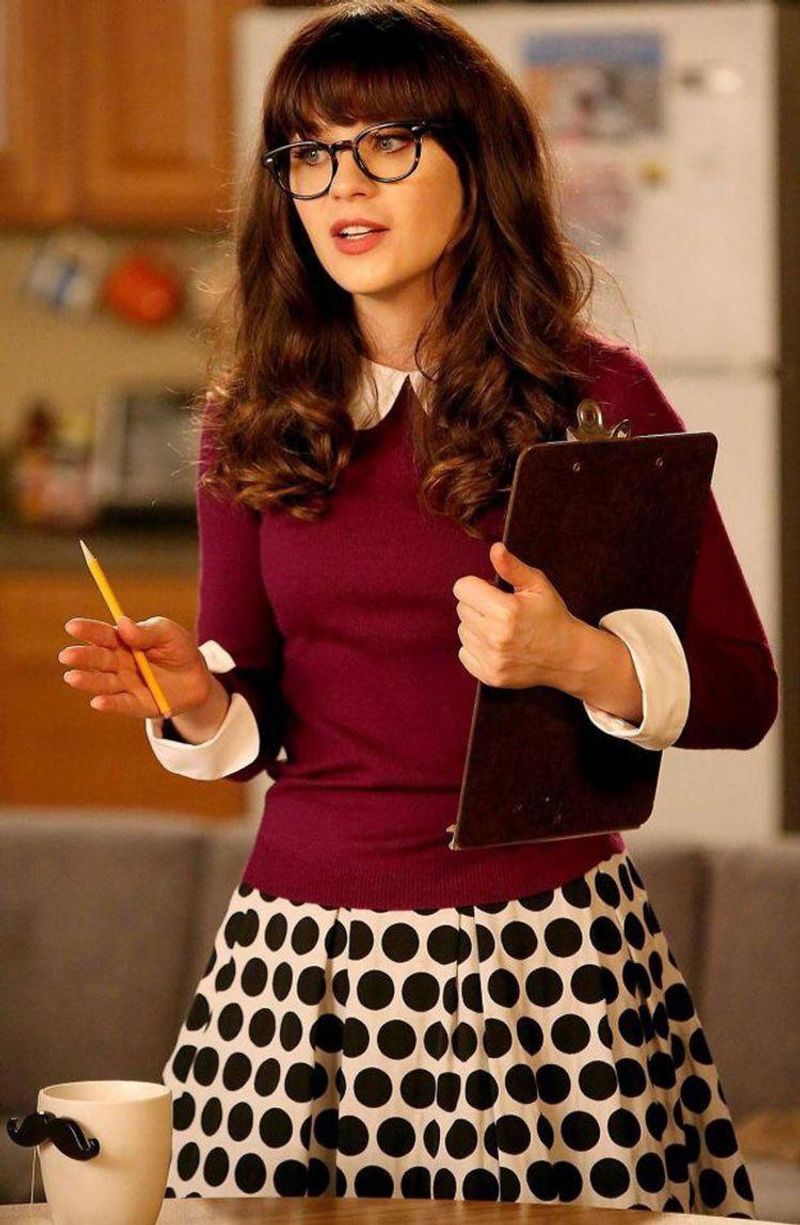
Jess Day, the quirky teacher from “New Girl,” charmed audiences with her whimsy and warmth. Yet, her self-centered tendencies often overshadowed her kindness.
Her dismissal of others’ feelings and focus on her own issues highlighted a lack of self-awareness. While her quirky nature was entertaining, it sometimes masked deeper flaws.
Jess’s story invites a reevaluation of how charm and quirkiness can sometimes conceal self-absorption, prompting a deeper understanding of character depth.
15. Jim Halpert (The Office)

Jim Halpert, the affable prankster from “The Office,” was celebrated for his wit and charm. However, his smug demeanor and emotional immaturity often became apparent.
His pranks, while funny, sometimes revealed a lack of empathy and understanding. His relationship with Pam, while beloved, showcased his struggles with vulnerability.
Jim’s portrayal prompts reflection on the balance between humor and emotional growth, challenging the perception of what it means to be the nice guy.
16. Carrie Bradshaw (Sex and the City)
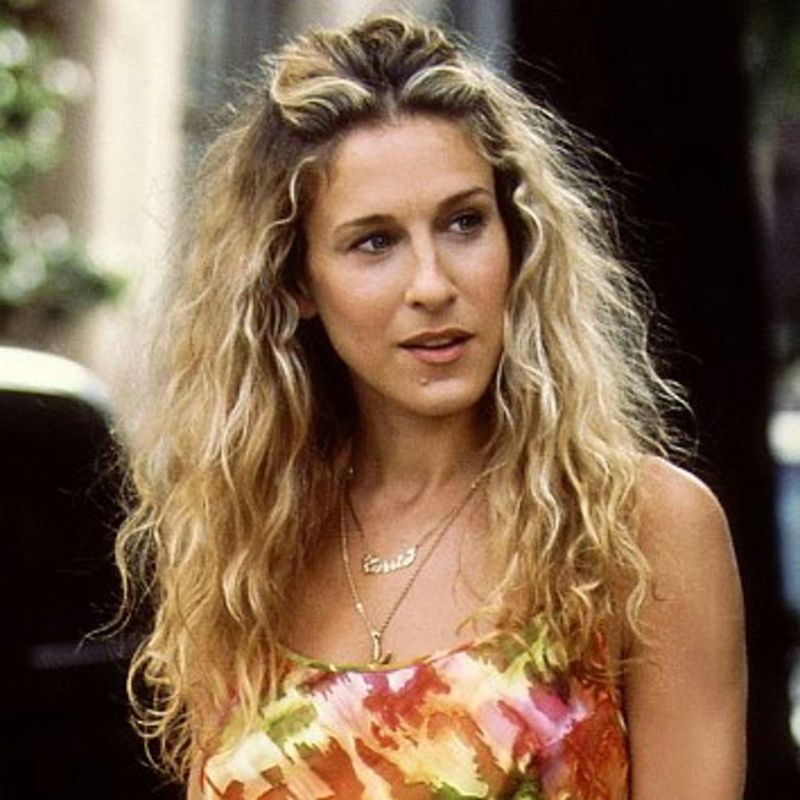
Carrie Bradshaw, the iconic writer from “Sex and the City,” captivated audiences with her fashion and flair. Yet, her tendency to make every friend’s crisis about herself often overshadowed her loyalty.
Her chaotic decision-making and search for love often led to turbulence, reflecting a lack of introspection. While her style was impeccable, it masked deeper insecurities.
Carrie’s journey challenges the idea of glamorizing chaos, prompting a deeper look at the balance between self-expression and self-awareness.

Comments
Loading…